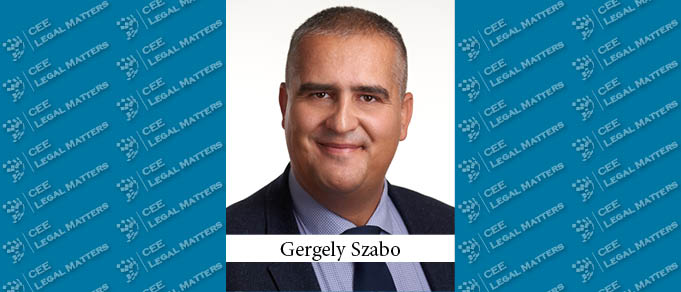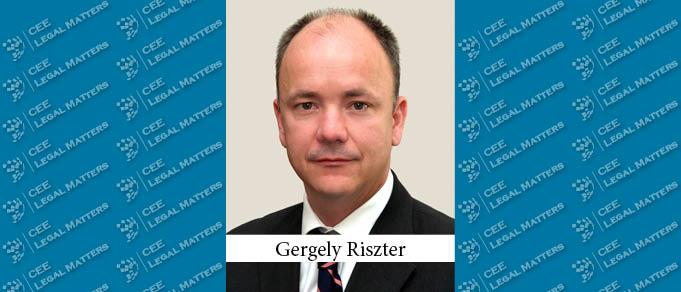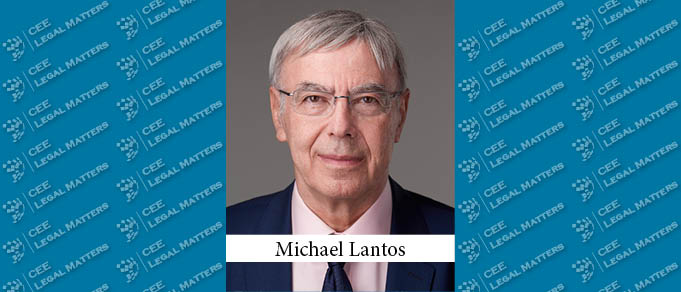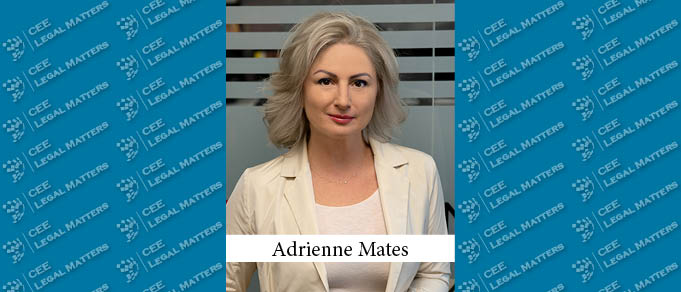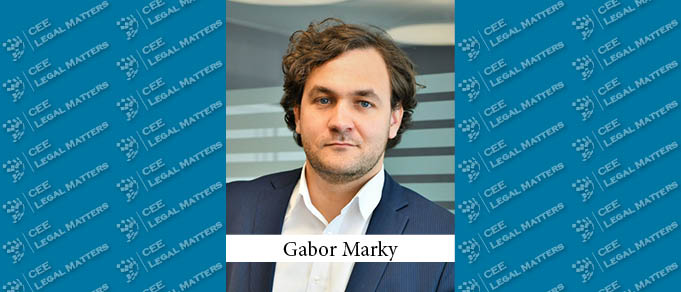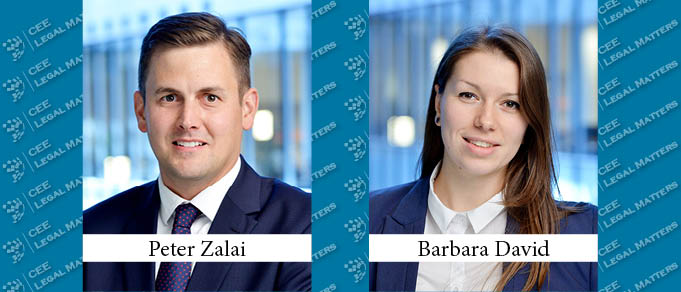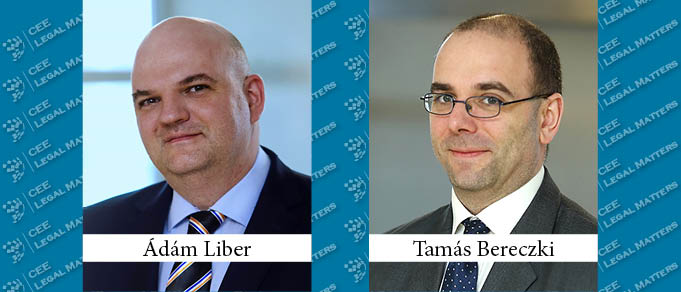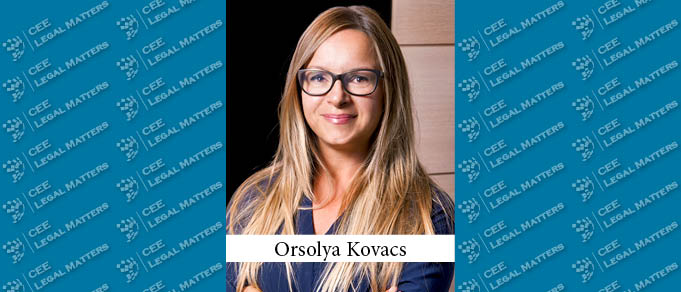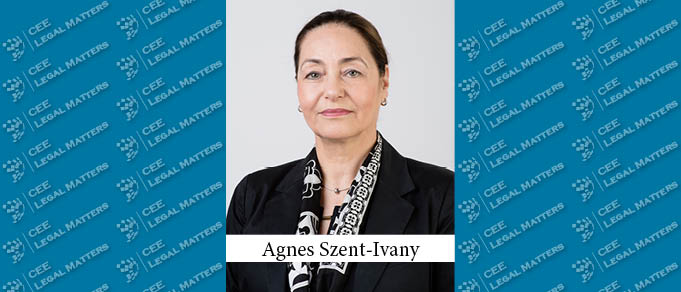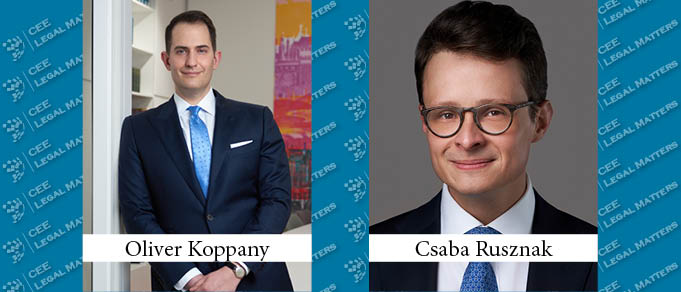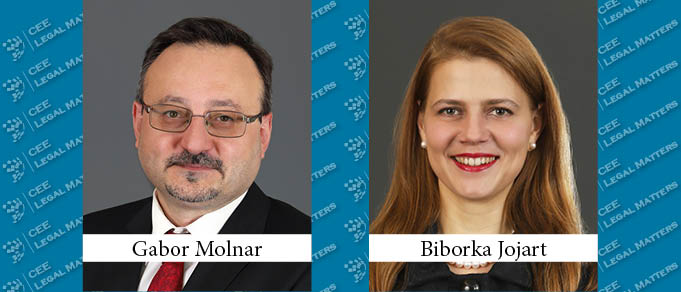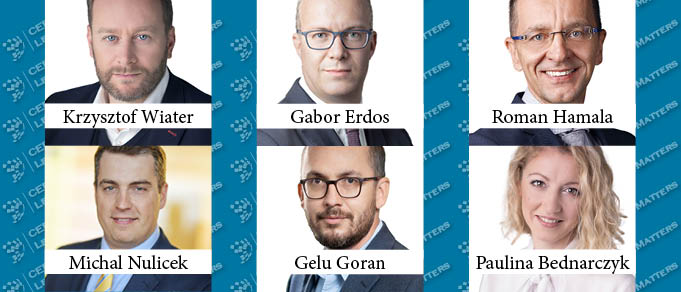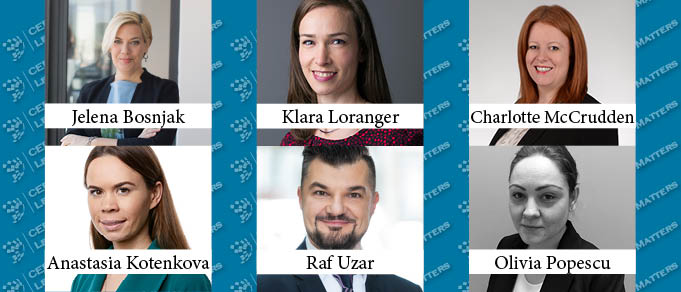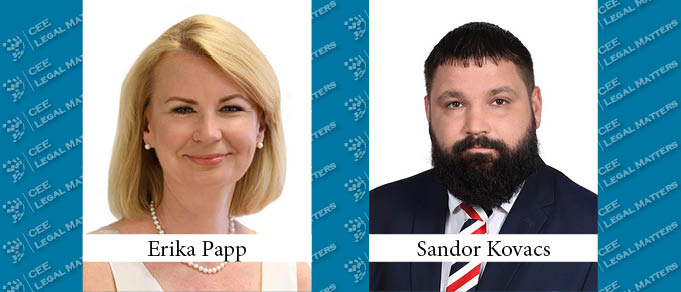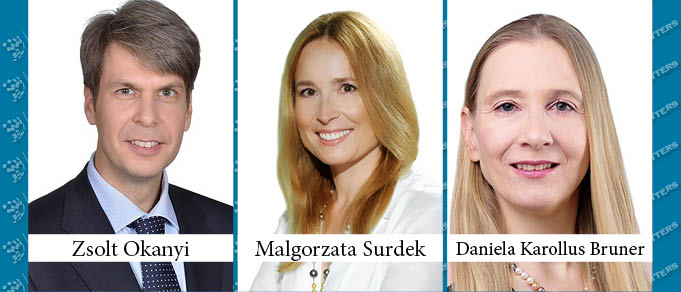The original foreign direct investment screening regime was adopted in Hungary pursuant to Regulation (EU) 2019/452 of the European Parliament and of the Council and became effective on January 1, 2019. Instead of amending the original regime, a new parallel FDI screening regime was introduced in late May 2020 to protect Hungarian strategic sectors during the COVID-19 period. This second regime was fine-tuned in the middle of June, 2020 and then again at the end of October, 2020. The notification obligation under the second regime is applicable to relevant transactions made before June 30, 2021.
2021 to Further Digitalize Tax Authority Interactions with Hungarian VAT Taxpayers
Reflecting the Hungarian tax administration’s nature as a pioneer in innovative tax administration measures, 2021 brings significant eVAT developments in Hungary.
Intellectual Property News from Hungary
This report has the purpose of shedding light on the most important developments in the field of obtaining and enforcing Intellectual Property rights in Hungary in 2020.
Restriction of Personal Rights in Employment Relations
Social media has become a phenomenon, representing our extroverted life, and thus a critical part of our work environment.
Hungary – Still an Attractive Place for Investors and Startup Founders
In accordance with worldwide trends, Hungarian public markets are not showing the signs of exponential growth that private markets are. The legislative environment for public listings has not changed significantly in Hungary since 2019, when Act CXX of 2001 on the Capital Market was heavily amended in order to be fully harmonized with the European Union’s Prospectus Regulation (2017/1129 EU). That modification made public issuances easier, as it dispensed with the requirement that prospectuses must be prepared for listings of securities with unit values of at least EUR 100,000.
Consumer Protection in the Digital Space – Recent Developments and Flagship Cases
Emerging new tendencies in economic activities have reached Hungary in the last few years. The most important driving force behind this change is the shifting of consumption into the online space, which inevitably entails a change in market structure. As a result, new products that are exclusively or partially available online have appeared, the geographical coverage of products has widened, and other services related to online consumption have become increasingly important. Social media, influencer marketing, and targeted advertisements all contribute to the popularity of the new market as well. Hungarian consumers are now able to fulfil a significant portion of their product and service needs through e-commerce channels. With the COVID-19 pandemic continuing to push economic activities online, the role of digital distribution channels has increased even more.
In Focus: Pandemic-Driven Digitalization, Data Breaches, and International Data Transfers
This past year brought significant privacy-related regulatory challenges to business operations. The pandemic situation and lockdown, the ever-rising number of data breaches, the invalidation of the EU-US Privacy Shield, and the challenges arising from the uncertainties of BREXIT have all tested compliance departments to the full.
The Implications of the COVID-19 Crisis for Litigation in Hungary
As the world continues to fight the challenges presented by COVID-19, some guidance on the effects on litigation of the COVID-19 crisis can be discerned from the past year. We know that some sectors have suffered more than others, and participants in industries most affected by COVID-19, like airlines, HORECA, tourism, entertainment, and the commercial real estate sector have already become involved in related legal disputes, such as contractual disputes concerning supply chain disruptions. The big question is whether the pandemic qualifies as a force majeure or a material adverse change that could allow the contracting parties to walk away.
Guest Editorial: Change is Also Changing
A look back at more than 30 years in the legal profession, through changing political and economic systems, legal environments, and expectations towards lawyers, and changing ways and platforms of communication.
Preparing for Change: Oliver Koppany and Csaba Rusznak Step in at KNP Law
On February 8, 2021, CEE Legal Matters reported that Oliver Koppany and Csaba Rusznak had joined KNP Law Nagy-Koppany Lencs & Partners in Budapest. Rusznak will lead the firm’s Dispute Resolution Practice Group, while Koppany, who joined as Foreign Legal Counsel, is preparing to take over the management of the firm from his mother, KNP Law Founder and Managing Partner Kornelia Nagy-Koppany. We spoke with Koppany and Rusznak to learn more about their background and plans for the future.
An Unusual Year in Review: Our Annual Expert Round Table
On December 15, 2020 CEELM gathered legal experts from across the region for its annual Year-in-Review Round Table conversation. In a wide-ranging discussion, participants shared opinions and perspectives on their markets, on strong (and less-strong) practices across the region, and the effect of the COVID-19 crisis on both, as well as on how technology is changing the legal industry, and what the industry will look like in 2021.
Hungary: M&A Trends on CEE Markets in 2020 – Impact of COVID-19
Every spring DLA Piper publishes its annual M&A intelligence report. This past spring, we could only speculate on the effects of the pandemic as COVID-19 had just hit Europe. Informed by our experience of the past few months, we have recently published our updated M&A Global Report. Below we highlight a couple of trends that are impacting CEE.
Starting in Style: Interview with the Partners of the New NGL Symbio Alliance
Interview with the Partners of the New NGL Symbio Alliance.
Marketing Law Firm Marketing: Most Valuable Software Tool
New technologies are all the rage, as law firms adapt to the telecommuting and digitalization realities that accompanied the Covid-19 pandemic. Accordingly, we decided to ask our Law Firm Marketing experts from across the region a simple question: “What is the single most important/valuable piece of software you use?” As always, we asked respondents to focus on the question at hand, rather than – as we put it – using the question simply as an excuse to “tell us that their firms are awesome.” Not everyone was able to resist.
Possible Challenges on the Hungarian Restructuring and Insolvency Market in 2021
Looking at the volume of non-performing loans in the balance sheets of the Hungarian banks, it is possible to believe that the situation has never been better. In fact, however, this is primarily due to the general moratorium introduced by the Hungarian government in March 2020, which protected both companies and consumers against insolvency and non-payment. Now, eight months later, financial institutions are preparing for a potentially massive wave of bankruptcies, as they already reserved HUF 250 billion in the first half of this year.
Arbitration and Virtual Hearings: Contract Disputes in the COVID-19 Era
One of the most important issues facing businesses in CEE is the impact of the ongoing COVID-19 pandemic on litigation and arbitration. In-person court and arbitration hearings have become problematic, if not impossible, and the importance of certain boilerplate contract clauses has skyrocketed. Zsolt Okanyi, Global Head of Dispute Resolution at CMS, Malgorzata Surdek, Head of Dispute Resolution at CMS Poland, and Daniela Karollus Bruner, Head of Dispute Resolution at CMS Austria, evaluate the current situation.
The Corner Office: Most Meaningful Charity or Pro Bono Commitment
In The Corner Office we ask Managing Partners across Central and Eastern Europe about their unique roles and responsibilities. The question this time: “What one ongoing pro bono initiative or project or charity/volunteering project that your firm is involved with has the most meaning for you personally, and why?”
Expat(s) on the Market: An Update
Over the course of our seven years, CEE Legal Matters has interviewed most of the British lawyers working on the ground in Central and Eastern Europe as part of our recurring “Expat on the Market” feature. We reached out to them recently and asked them to bring us up to speed on what they’re doing and/or share their thoughts on the ramifications of Brexit or the ongoing COVID-19 crisis.

